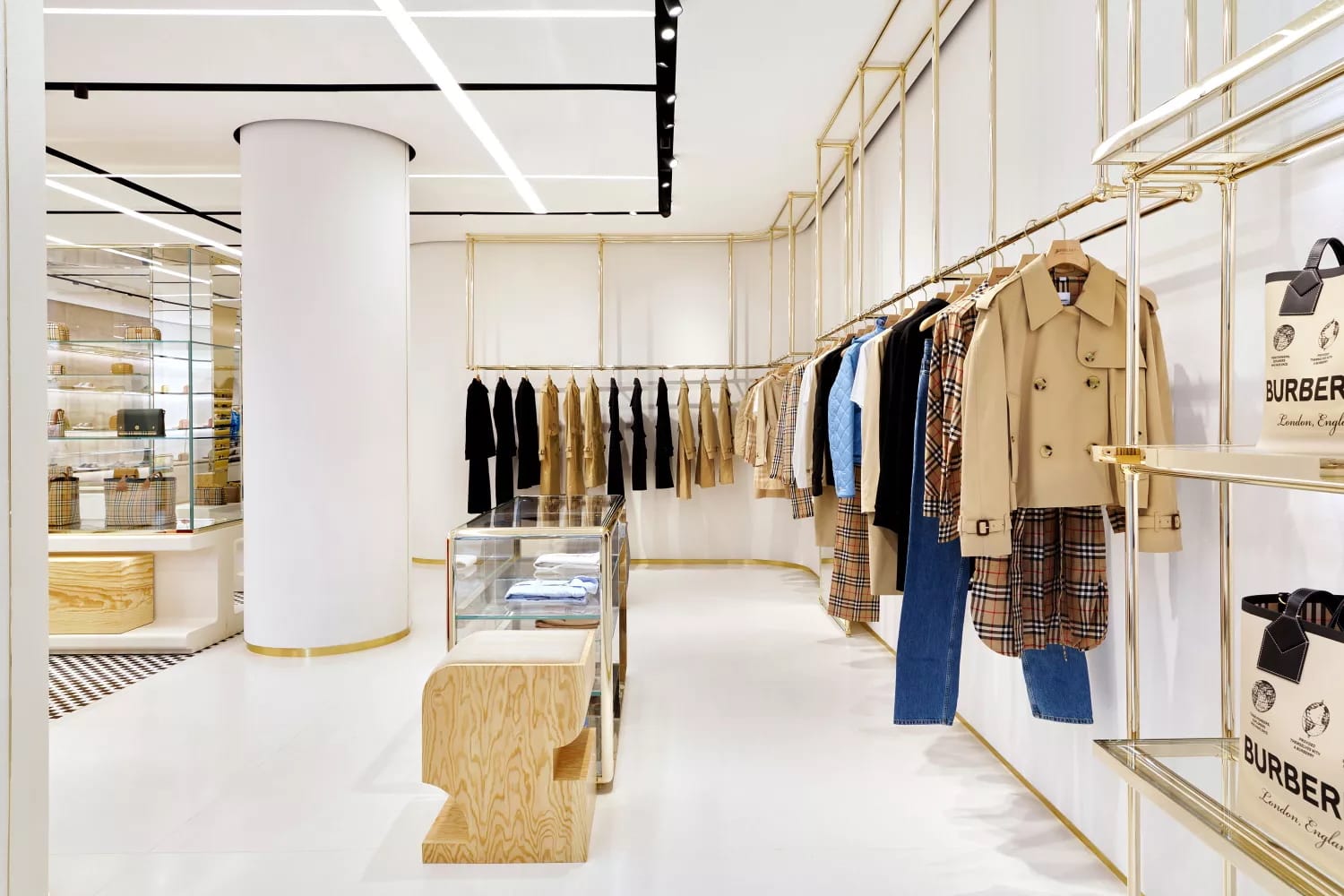Representation of women climbs to 47%, though ethnic diversity sees decline
Women now hold nearly half of all board seats at major UK retail companies, according to a new report from the British Retail Consortium and executive search firm The MBS Group. The study, released Tuesday, highlights a major shift toward gender parity at the board level—up from just 32% in 2021—marking significant progress in an industry long criticized for its male-dominated leadership.
The report surveyed nearly 90 companies signed on to the BRC’s diversity and inclusion charter, including Tesco, Greggs, Boots, and Burberry. But while boardroom gender diversity has risen, minority ethnic representation has declined to 8%, down from 12% in 2024, suggesting uneven progress across inclusion metrics. The findings also pointed to a need for improvement in executive-level diversity, where women and people of color remain vastly underrepresented.
Efforts to advance inclusion have included appointing diversity and inclusion specialists, increasing leadership training, and introducing policies to support women experiencing menopause. Figures like Greggs CEO Roisin Currie and Ocado Retail’s Hannah Gibson—both recognized this year by King Charles III—reflect a growing shift in leadership demographics.
“Retailers should celebrate the enormous efforts made to ensure more women have a seat at the executive table,” said Helen Dickinson, BRC CEO, noting that women make up the majority of retail customers. Still, recent incidents, including the resignation of Primark CEO Paul Marchant over misconduct allegations, underline the ongoing cultural work needed in the male-dominated sector.
As the pressure rises for retailers to reflect the diversity of their consumers, industry leaders are likely to face growing scrutiny—not only for who sits on their boards, but also for how well their internal culture fosters lasting, inclusive progress.
